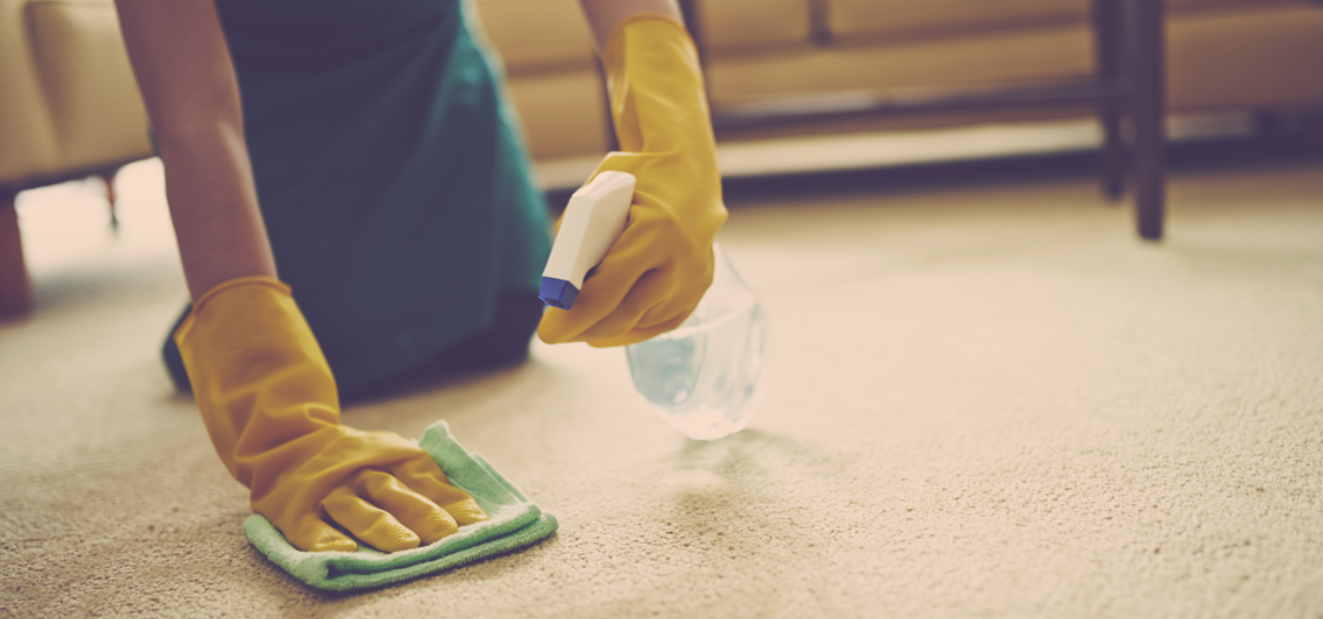Office cleaning: the importance of meeting health and safety requirements in an office.

Offices are not traditionally regarded as one of the most hazardous work environments. The immediate dangers of this type of workplace are easily dwarfed by clearly more hazardous environments, such as construction sites, manufacturing facilities or any professional sector that works at height. However, despite their relative safety, recent times have demonstrated that working in offices poses a number of important health risks in its own right, namely: the increased risk of spread of microbial infections.
Health and safety rules in an office
Every business in every industry is subject to regulation on health and safety matters. All employers are legally responsible for implementing health and safety measures in their own businesses and for overseeing their execution. Employers should also be aware that health and safety regulations can change rapidly, as we have borne witness to over recent years with the rapid introduction of contention measures for the Covid-19 pandemic.
The changing restrictions brought in and subsequently lifted during this time illustrate the importance of staying abreast of Health and Safety Executive (HSE) regulations pertaining to one’s line of business, in this particular instance: to office cleaning procedures and health and safety standards.
The legislation that currently regulates health and safety standards to be upheld in offices in the UK is detailed in the following documents:
- The Health and Safety at Work Act 1974
- The Workplace (Health, Safety and Welfare) Regulations 1992
- The Management of Health and Safety at Work Regulations 1999
- The Control of Substances Hazardous to Health Regulations 2002

How do these regulations affect your business?
Although there is a lot of literature on health and safety rules in an office, many of the guiding principles are intuitive, and common sense can be applied to most scenarios. It is, nonetheless, necessary to be familiar with relevant legislation.
Under the Management of Health and Safety at Work Regulations 1999, the minimum health and safety procedures to be followed are:
- To identify any potential cause of injury or illness in your business (hazards)
- To evaluate the likelihood of someone being harmed and the degree of severity of this potential harm (the risk)
- To take action to eliminate the hazard, or should this not be possible, to control the risk.
What are the health and safety requirements for my office?
Ordinarily, the health and safety requirements for most businesses can be reduced to a series of tasks. Information on how to organise these can be found on the HSE at Health and safety made simple.
An overview of these tasks can be found below:
- Appoint someone to help with your duties.
- Write a health and safety policy for your business.
- Evaluate and manage the risks in your business.
- Consult your employees.
- Provide training and information.
- Provide the right workplace facilities.
- Display the health and safety Law poster.
- Get insurance for your business.
Remember that risks for your employees may vary, depending on their specific functions within your business.
Health and safety legislation in cleaning
Providing a safe and clean office environment for your workers is imperative, however, cleaning duties come accompanied by their own set of risks. Cleaning staff are exposed to additional hazards that must not be overlooked, these include:
- Risk of slips and trips
- Occupational dermatitis
- Exposure to hazardous substances
- Back pain
- Injury induced by working at height
The health and safety rules that apply in your office may differ from the rules that apply to cleaning staff and this should be taken into account when compiling your health and safety policy.
How can outsourcing my office cleaning help me comply with health and safety legislation?
Outsourcing your office cleaning provides a great number of benefits. Professional office cleaning companies hire, train and insure their own staff. This means that your company is not responsible for managing and overseeing legislative compliance for this group of workers. These companies are also in the business of knowing your business. This means that their workers are aware of your legal obligations and the standards they must uphold.
Professional office cleaning companies like Cleanology offer a range of services for offices, which can be scaled and tailored to meet client demands, these include:
– Routine scheduled cleaning
– Deep cleaning
– Carpet cleaning
– Window cleaning
– Specialised sanitation services
Cleanology’s expert team of professional office cleaners provide clients with the reassurance of legal compliance, alongside cleaning standards that ensure the comfort and well-being of their workers.
If you would like more information on our office cleaning services, do not hesitate to get in touch with a member of our expert team. Call us on 0330 2020 355, or visit our Contact Us page here. We look forward to hearing from you!


